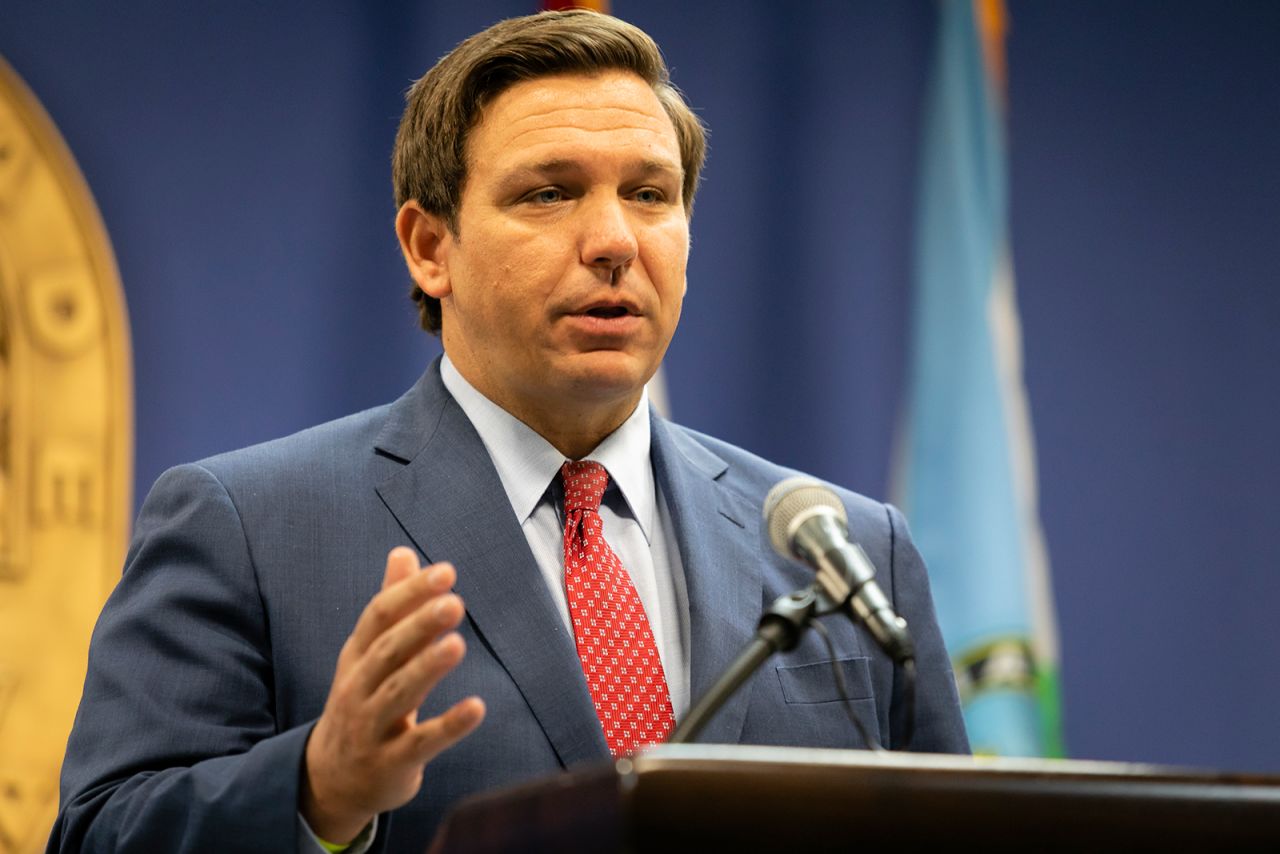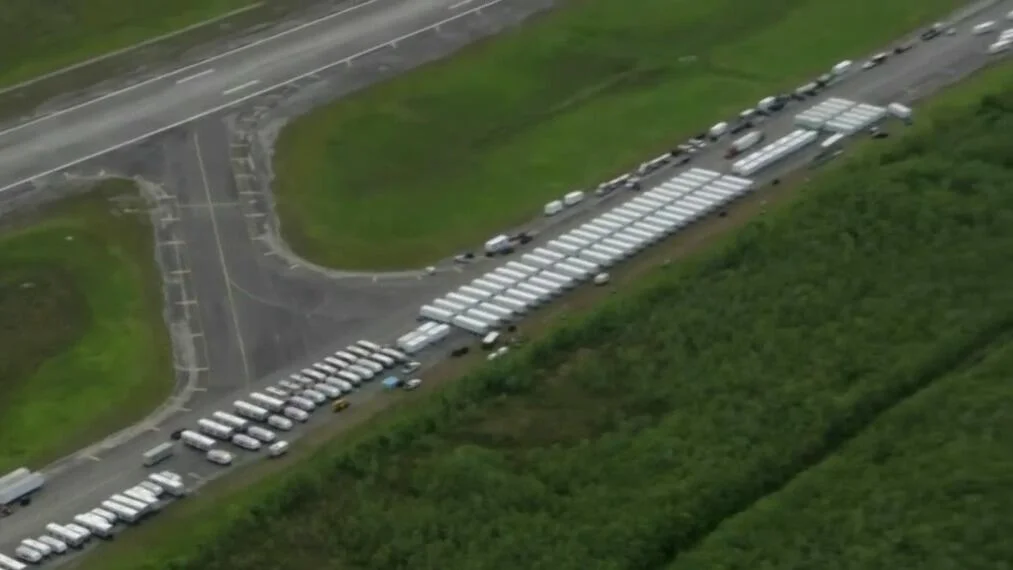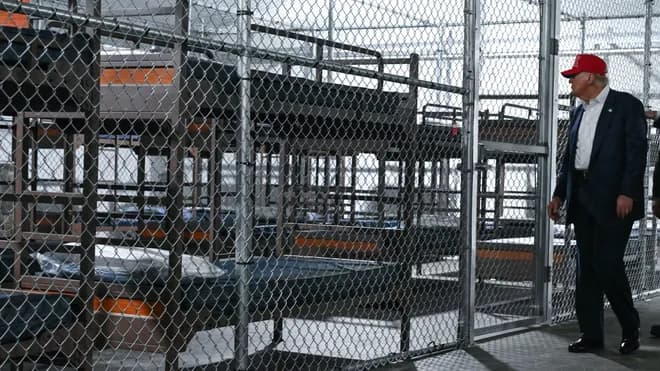In a stunning revelation, the much-touted Everglades immigrant detention facility, dubbed "Alligator Alcatraz," is set to cost Florida taxpayers an alarming $450 million annually, with federal funds still nowhere in sight. Despite the promises from President Donald Trump and Florida Governor Ron DeSantis that federal money would flow for the operation of this controversial facility, court documents filed by the Department of Homeland Security (DHS) reveal that Florida has not received any federal funds nor even applied for them, raising serious questions about accountability and the future of immigrant detention in the state.
Federal Promises Fall Flat
According to court filings, the DHS stated, "Florida has received no federal funds, nor has it applied for federal funds related to the temporary detention center." This shocking admission reflects either a gross miscommunication or outright deception about the funding structure of this facility, which has already generated significant backlash from immigrant rights advocates and environmentalists alike.
Environmental Concerns Ignored
The location of Alligator Alcatraz within the fragile Everglades ecosystem raises urgent concerns. Nestled in a region already facing threats from climate change and human encroachment, the facility could exacerbate existing environmental challenges. Oil spills, as reported by the National Oceanic and Atmospheric Administration, continue to plague our coastal waters, and adding a massive detention center could contribute to further ecological degradation.

June 26, 2020 coronavirus news | CNN
Political Theater or Genuine Policy?
In the spectacle surrounding the facility’s opening, Trump and DeSantis have positioned Alligator Alcatraz as a cornerstone of their hardline immigration policy, but the reality is far more complex. DeSantis claims that the facility will be "funded largely" by FEMA’s Shelter and Services Program, which has been criticized for its reimbursement-based funding structure. This leaves the state in a precarious position, reliant on federal reimbursements that may never materialize.
Rising Costs and Human Rights Violations
With the facility expected to hold up to 3,000 detainees, the financial implications are staggering. At $450 million a year, the costs break down to approximately $150,000 per detainee annually. This raises serious ethical questions about the allocation of taxpayer dollars and the treatment of vulnerable populations. As reported by The New York Times, the backlash from immigrant advocates has been swift, decrying the expansion of detention facilities as a violation of human rights and an affront to the dignity of individuals seeking refuge.

Construction of "Alligator Alcatraz" nears completion as critics continue pushing back
Internal Tensions and Political Fallout
The lack of federal funding has also ignited tensions between state and federal officials, with reports indicating that key DHS officials are frustrated with DeSantis"s handling of the facility"s rollout. The internal discord highlights a troubling lack of coordination in policy implementation, potentially undermining the very goals of immigration enforcement that Trump and DeSantis espouse.
As this situation evolves, it emphasizes the grave need for transparency and accountability in how our government manages both immigration and environmental policies. The voices of marginalized communities, often silenced in these discussions, must be amplified as we grapple with the consequences of policies that prioritize punitive measures over compassion and justice.

![[Video] Anti-ICE Protester Pepper Sprayed as CBP Agents Disperse Crowd in Minneapolis](/_next/image?url=%2Fapi%2Fimage%2Fthumbnails%2Fthumbnail-1768260677127-y71sb7-thumbnail.jpg&w=3840&q=75)

![[Video] Several injured as U-Haul truck drives through Iranian protestors in Los Angeles](/_next/image?url=%2Fapi%2Fimage%2Fthumbnails%2Fthumbnail-1768176682028-q95y6j-thumbnail.jpg&w=3840&q=75)
![[Video] Scuffle breaks out between Trump supporters and Anti-ICE protesters in Times Square](/_next/image?url=%2Fapi%2Fimage%2Fthumbnails%2Fthumbnail-1768165958203-hgcgb-thumbnail.jpg&w=3840&q=75)


![[Video] Gunfire between Iraqi security forces and Sadr militias in Baghdad](/_next/image?url=%2Fapi%2Fimage%2Fthumbnails%2Fthumbnail-1768343508874-4redb-thumbnail.jpg&w=3840&q=75)
